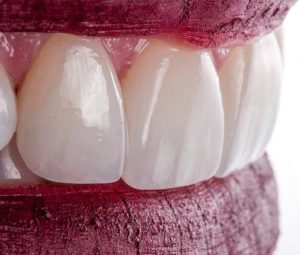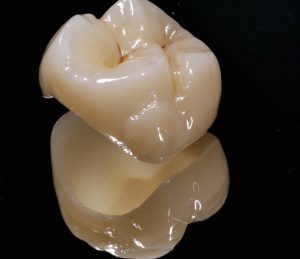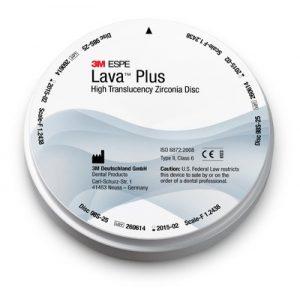Dr. Larry Lockerman Orofacial pain, TMJ and Sleep Apnea
January 22, 2018Zirconia Crowns Before And After
June 29, 2018Dental Porcelains and the aesthetic balance

Porcelain is the cornerstone of dental esthetic treatment today and there are many different types of materials. Dental Porcelains and the aesthetic balance is how we determine what is the best material to use for any given procedure. Porcelains are a type of ceramic materiel that replicates tooth structure for function and also looks natural.
Dental Porcelains and the aesthetic balance
There are 3 basic types of porcelain that we use:
Glass based porcelain with filler for strength, also known as feldspathic porcelain
Leucite reinforced porcelain or lithium disilicate reinforced porcelain – Emax
Polycrystaline materials like Zirconia

The differences between them are what we refer to in Dental Porcelains and the aesthetic balance. Glass based porcelains are translucent, relfect light similarly to natural tooth structure but are comparatively weak. Because they are translucent, mimicking tooth structure, they also are effected by the color of the tooth below. This is a problem if the tooth is dark as the final restoration will be dark
Leucite reinforced porcelains or particularly lithium disilicate porcelains (Emax) have become popular recently. Almost 3 times as hard as traditional
porcelains they have the advantage of beauty and they also can be etched on the inside with acid, in order to improve the retention of the cement.
Finally, is Zirconia. It is an extremely hard polycrystaline solid stabilized with alumina. It is very rigid and can be used for long span bridges but it is brittle and not too translucent making it the least esthetic of the options. Because there is no glass content in zirconia, acid etching does not selectively remove glass microscopically making the mechanical microscopic retention in other porcelains not efficient. However, the ability to stain and glaze to mimic natural tooth makes this material a great option whereDental Porcelains and the aesthetic balance are being contemplate.
Because there is no glass content in zirconia, acid etching does not selectively remove glass microscopically making the mechanical microscopic retention in other porcelains not efficient. However, the ability to stain and glaze to mimic natural tooth makes this material a great option whereDental Porcelains and the aesthetic balance are being contemplate.